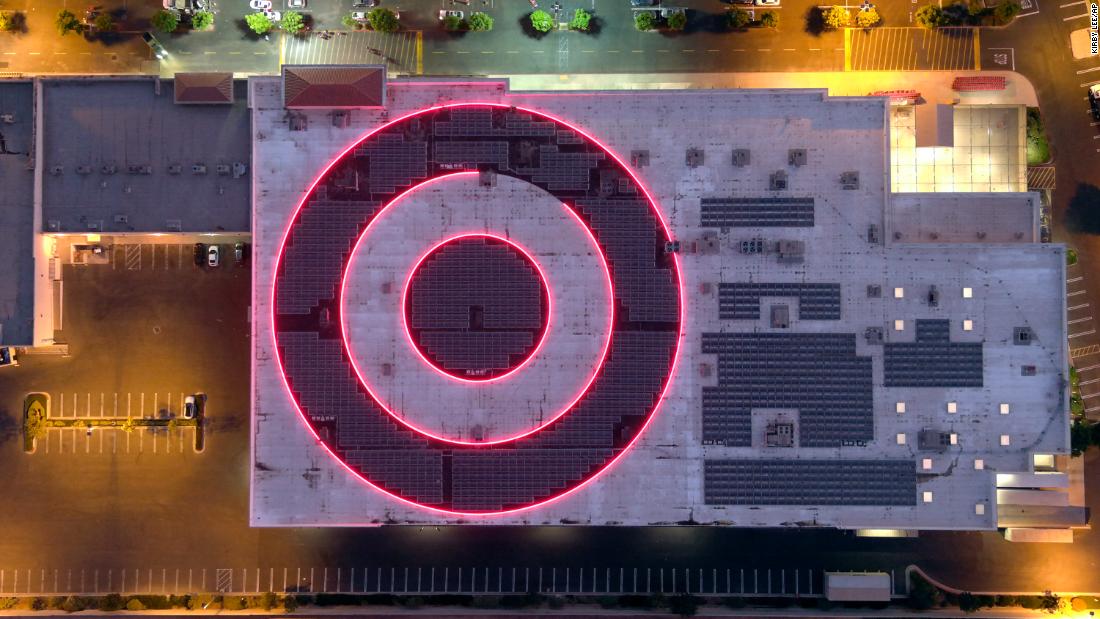
As the United States strives to lessen its reliance on fossil fuels, a promising solution is emerging from an unexpected source: your local big-box stores and shopping malls. With their vast roof spaces, these commercial giants have the potential to harness solar energy significantly.
Transforming Retail Spaces into Solar Powerhouses
According to recent studies, large commercial buildings, especially big-box stores like Walmart and Target, can accommodate extensive solar panel installations. These roofs, typically spanning tens of thousands of square feet, provide ideal real estate for solar energy systems. For example, the potential installed capacity of solar on these rooftops in the U.S. could reach up to 25 gigawatts.
Furthermore, implementing solar energy systems in these locations could reduce emissions by millions of tons annually.
Why Aren’t More Stores Making the Switch?
Despite the clear advantages, the adoption of solar panels in retail spaces remains surprisingly low. Currently, a mere fraction of qualifying malls and big-box stores utilize rooftop solar installations. Here are several reasons behind this delay:
- Cost Concerns: Many retailers worry about the upfront costs associated with purchasing and installing solar panels.
- Regulatory Hurdles: Complicated zoning laws and local regulations can deter store owners from pursuing solar energy projects.
- Lack of Awareness: Some companies lack knowledge of potential savings and the benefits of solar energy systems.
Potential Financial Benefits
In addition to environmental benefits, installing solar panels can save retailers a significant amount of money. According to the Solar Energy Industries Association, businesses that invest in solar energy can reduce their electricity bills by 75% or more. For large chains with extensive energy needs, these savings can accumulate to millions of dollars annually.
Moreover, there are various federal and state tax incentives available for businesses that invest in renewable energy. These incentives can lower initial costs and enhance the financial viability of solar projects.
A Case for Sustainable Business Practices
In today’s eco-conscious market, sustainability plays a crucial role in consumer decision-making. Brands that adopt environmentally friendly practices, such as solar energy, often enjoy higher customer loyalty and brand reputation. For instance, a recent survey revealed that 74% of consumers are willing to pay more for products from sustainable brands.
By leading in sustainability, big-box stores can attract environmentally conscious shoppers. This not only enhances their brand image but also transforms their stores into leaders in the transition towards greener energy sources.
Choosing the Right Solar Solution
Another obstacle is the selection of solar solutions. Retailers must work closely with energy consultants and solar providers to find the best-fit solutions for their needs. Options such as rooftop solar panels, solar carports, and even solar canopies can dramatically reduce their carbon footprint.
Moreover, energy purchase agreements allow stores to install solar panels without the large upfront investment, as third-party developers can cover the costs in exchange for energy production credits.
Looking to the Future
As the Biden administration pushes for a more sustainable energy future, the retail sector’s role in this transformation will be essential. Experts emphasize that collaboration between the government and private enterprises can lead to successful solar implementations across the country.
Therefore, as more big-box stores recognize the benefits of solar technology, we may see a shift in the landscape of retail energy consumption. The question remains: when will more retailers step up to embrace this opportunity?
Reference: Source Article

